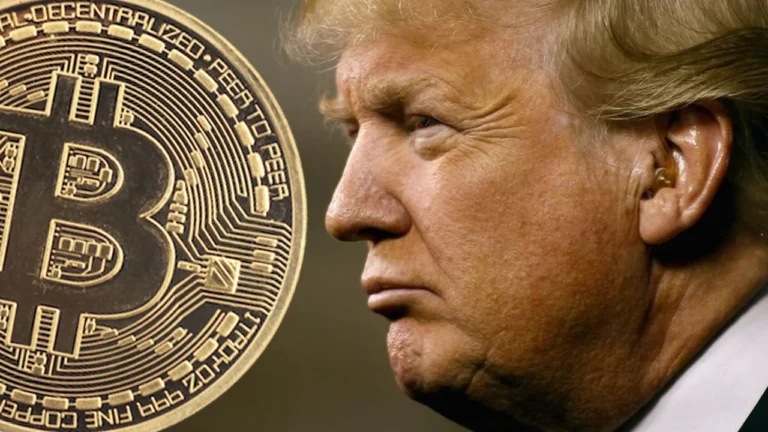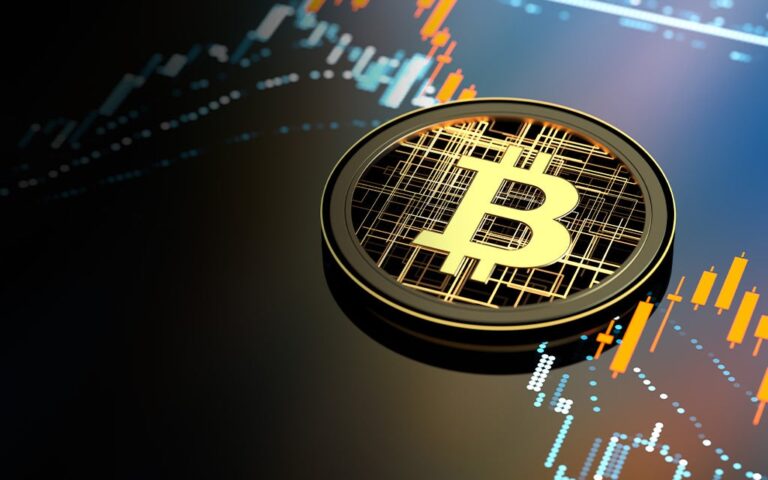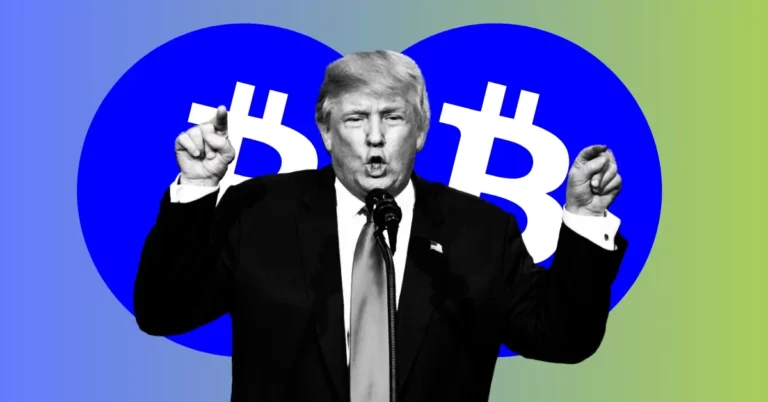The world is in the midst of a high-stakes competition for Bitcoin. But what does that mean for you?
Bitcoin isn’t just a “cryptocurrency” anymore. It’s becoming a strategic asset that governments around the world are racing to accumulate. Anthony Pompliano, a well-known investor, argues that there’s a global arms race underway for Bitcoin, and the U.S. is in the middle of it.
The Big Picture: Bitcoin as a Strategic Asset
Pompliano recently discussed this race during an interview, saying that the world is waking up to Bitcoin’s importance—not just as an investment, but as a form of economic power. It’s like how countries used to hoard gold—except Bitcoin is different. There’s no way to just “dig up more” Bitcoin; its supply is capped at 21 million, making it scarce and valuable.
This “race” isn’t just about private investors. Countries are jumping in, too. The recent election of a pro-crypto U.S. president, combined with growing economic challenges like inflation and currency devaluation, is pushing governments to stack up on Bitcoin. The U.S., according to Pompliano, could end up with a “Bitcoin strategic reserve” to ensure it doesn’t fall behind other countries in securing this digital asset.
Why It Matters: Economic Power and Currency Devaluation
The big reason behind this race is simple: currency devaluation. The U.S. dollar has lost 25% of its purchasing power in the past five years, which means the value of money is shrinking. As inflation continues to erode fiat currencies (like the dollar), Bitcoin—because it’s decentralized and has a fixed supply—becomes more appealing. It’s seen as a hedge against inflation, and this makes it an important asset for governments.
This idea isn’t new. Smaller countries like El Salvador and Bhutan have already begun stacking up Bitcoin. They don’t face the same global risks as major powers, so Bitcoin adoption works better for them. But for the U.S., with its huge economy, there are risks involved—but they’re still relatively small. The U.S. government has been printing a lot of money recently, and putting a fraction of that into Bitcoin could help safeguard the country’s financial future.
The Race Heating Up: U.S. States and Global Competition
On a state level, the Bitcoin arms race is already happening. In Florida, the state’s chief financial officer wants the state pension fund to invest in Bitcoin. Pennsylvania is also getting involved, with a proposed bill that would allow its state treasury to hold 10% of its assets in Bitcoin.
On the global stage, Pompliano highlights that even smaller countries are seeing the advantage of Bitcoin. Bhutan and El Salvador, for example, have already accumulated Bitcoin and are benefiting from it.
Why Should You Care?
As someone who’s into technology and cryptocurrency, this is huge news. Understanding why governments are investing in Bitcoin gives you insight into its growing role in the global financial system. If Bitcoin is being adopted by countries and states as a reserve asset, it could mean big shifts in how economies and financial systems operate. It’s not just about making money anymore—it’s about positioning yourself in a world that’s moving towards decentralized, digital finance.
This race also hints at Bitcoin’s potential as a safe haven during times of economic trouble. As more and more nations dive into Bitcoin, its value could rise, making it an even more attractive investment. So, if you’re looking to understand the future of money, this is an essential piece of the puzzle.
Key Words to Remember:
- Strategic reserve: Countries are starting to treat Bitcoin like gold or foreign currency reserves, a safe asset in times of crisis.
- Currency devaluation: When the value of money drops over time due to inflation—this makes Bitcoin appealing as a store of value.
- Global race: Nations are competing to secure Bitcoin, understanding its growing value in the modern economy.
By keeping an eye on this “race,” you’ll be more prepared to make informed decisions about your own investments, whether in Bitcoin or other digital assets. It’s all about understanding how the world’s economies are shifting, and why Bitcoin could become the most important asset of this century.



